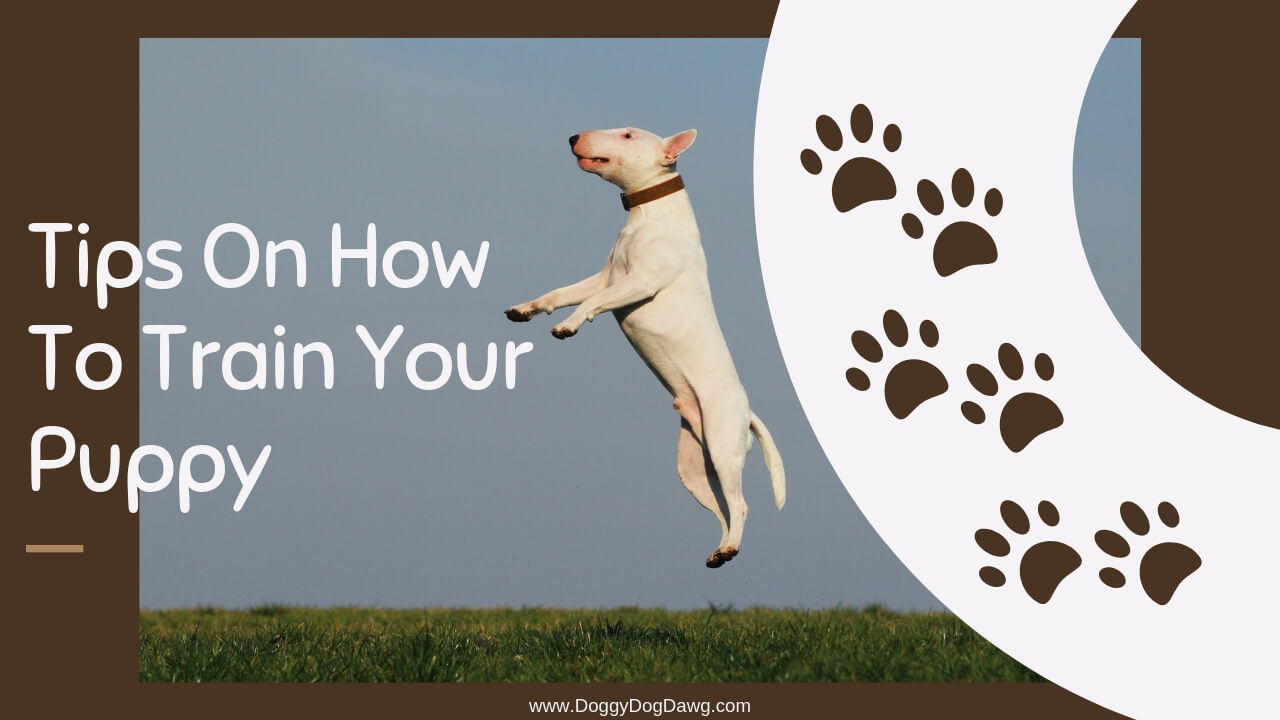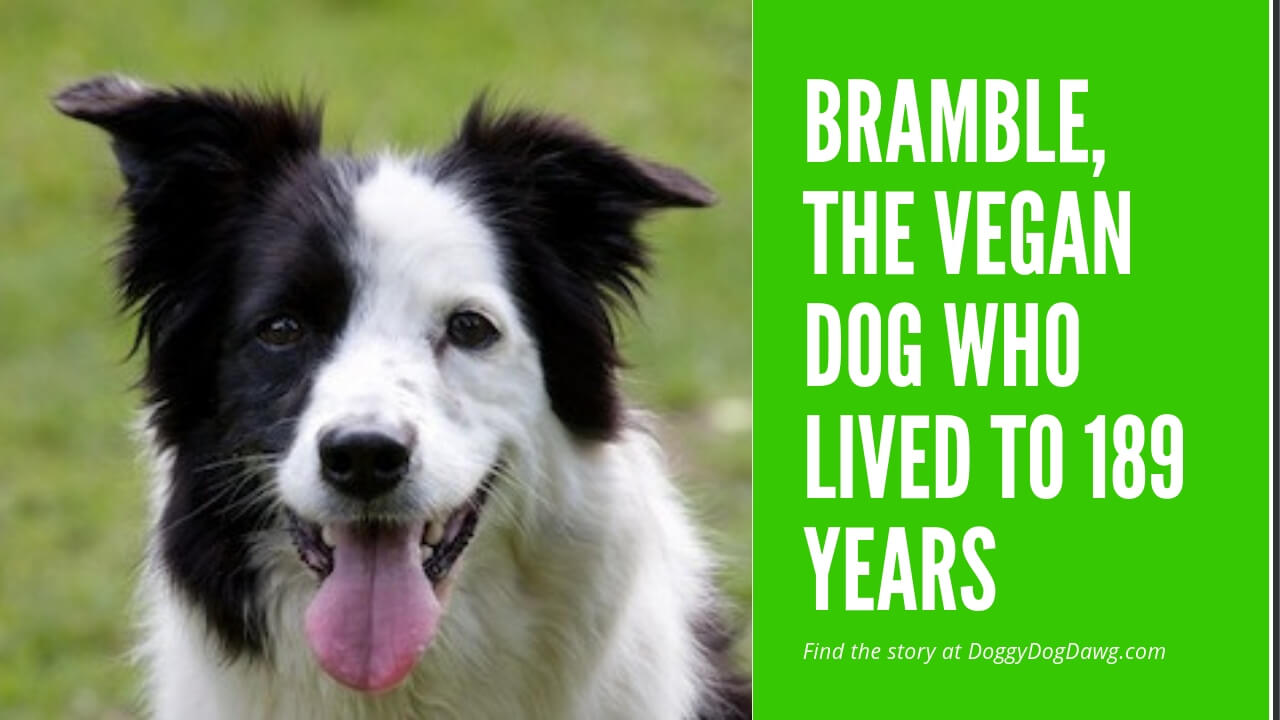At last, he’s home and you just got a new family member. As early as you can, train your puppy on how to be part of your family. Here are some tips and how:
Name your dog wisely and be respectful of it.
A short name ending with a strong consonant helps to train your dog. It perks up their ears when they hear a strong emphasis at the end of their name. Whether he’s an older dog, or from a shelter or breeder or maybe from an abusive situation, no worries. Dogs are extremely adaptable. Use his name consistently.
Implement the house rules.
Determine what he can and can’t do even before he becomes domestic. Is he allowed at the mattress or the furnishings? Are elements of the house off-limits? How about personal space on the dining table? Plan a house rule that will avoid confusion on both sides.
Set up his private den.
Dogs need his own, private sleeping place. From short periods, leave him alone in his den. Give him treats if you see that he stays calm and quiet.
Help him relax when he comes home.
Welcome your puppy with a warm hot water bottle and put a ticking clock near his sleeping area. This will soothe him in his new environment reminding him of the heat and heartbeat of his mates.
Teach him to come when called.
The command to be mastered first is to teach him to come using his name. Use positive reinforcement when he does. You can also try it when he is busy with something that interests him.
Reward his good behavior.
Positive reinforcement is when you reward your puppy because of his good behavior. Use toys, treats, affection or lots of praise. Recognize him when he’s getting it right.
Take care of the jump up.
Ignore him when he jumps up for greeting. Avoid patting or praising your dog when he’s in that position.
Teach him on “dog time.”
Try your chosen training technique right away when he is doing something awful. It will help him recognize the connection between his behavior and the correction. Be consistent.
Discourage him from biting or nipping.
When he’s biting or nipping you, stop him by pretending that you are in great pain. You can give him a chew toy in replace of your favorite shoes. Or you can just ignore him if the above mentioned fails.
End training sessions on a positive note.
Don’t forget to reward your pup throughout the training. He deserves it because he has worked hard on it. It can be a treat, some petting, lots of praise or five minutes of play.
We hope these tips were helpful. We want to know, what are your tips for training your puppy or dog? Share in the comments below.








Leave A Comment